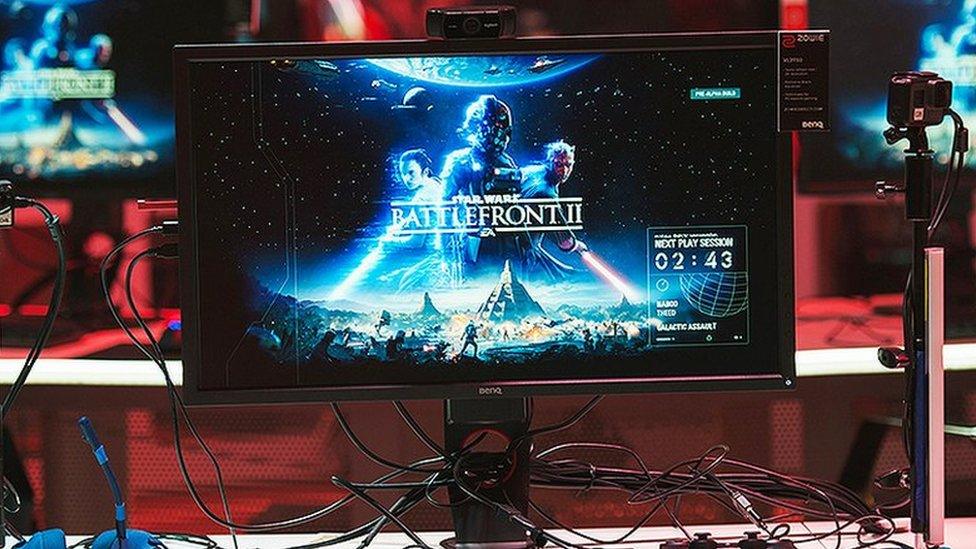Coronavirus: The gamers spending thousands on loot boxes
- Published

Ben Lawson-Green said loot boxes were like gambling
Gamers have spent thousands of pounds on so-called loot boxes during the pandemic, with experts warning the issue has become "really stark".
The NHS Northern Gambling Service said welfare problems for young gamers had been exacerbated by people having time on their hands during lockdown.
Loot boxes see players spend money for the chance to unlock items that would help them in the course of the game.
The government said it was reviewing to see if they were a form of gambling.
Ben Lawson-Green, 25, from Whitby, said: "Over the years me, my brother and dad have spent thousands.
"I normally put money on Fifa on a Saturday night. Before you know it, you've put £50 or £60 on. I find it incredibly addictive because I always want the best players.
"I wouldn't say it's a problem. I guess when you're spending a lot of money on it it could become a problem.
"Is it gambling? I would say it is. It's just like pressing buttons on a slot machine. It's always 'what if?'."
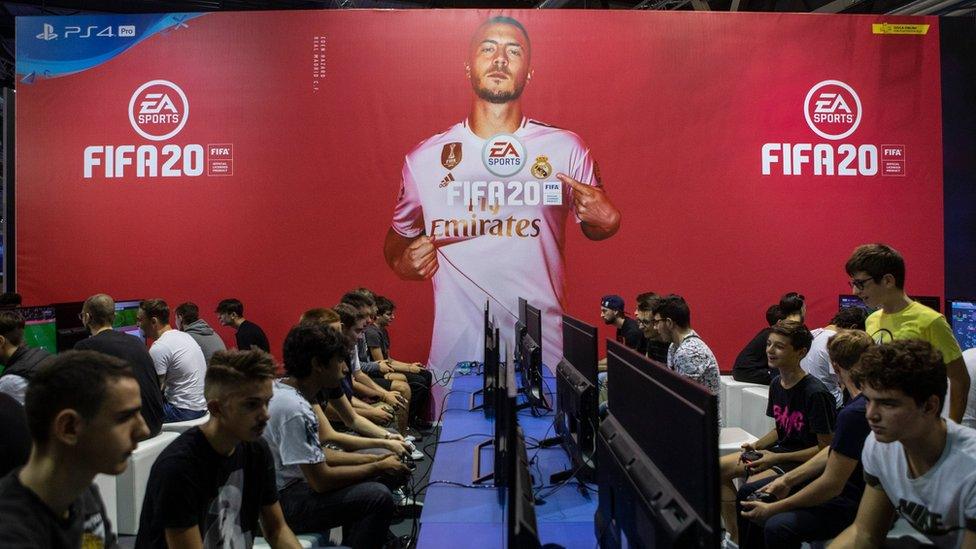
Each version of Fifa attracts huge attention
Matthew Gaskell, clinical lead for the NHS Northern Gambling Service, said: "It's a relatively new area of research but the cases that are coming forward are really stark. Young people are higher risk.
"It is a perfect storm with people having time on their hands and so on [due to coronavirus restrictions].
"With all the strains and stresses around for people at the moment, it's easy to escape into these things and of course the regulation is not where we would want it to be.
"There's a lot of discussion around the blurring of the lines between gaming and gambling. The protection is not there when we would want it to be so it's likely we will see more and more problems until they're addressed by legislators."

What are loot boxes?
Loot boxes are just one of the ways modern video games make money.
In many games, players can spend real money on things such as treasure chests for the chance to unlock random items.
These in turn can make the game easier to play, by increasing skills or offering additional options or cosmetic changes such as different costumes for characters.


Rohan Ebbs said he did not really use loot boxes any more
Rohan Ebbs, 25, from Newcastle, told the BBC Radio Tees podcast Unusual Times: "I'll be honest this year I've not been out as often, been at home more often, so I have put a bit more into them.
"Not as much as I used to though. I'm careful not to let it snowball because I've seen friends go down that route before
"This year I've spent £20 and that's definitely on the lower end of what I've spent in the past. This is a difficult one to say I guess but I've spent more than £1,000 in total.
"I used to buy items that gave me an advantage in the games I played but I don't really like the idea of it any more. I buy cosmetic items if I'm going to buy any at all.
"It's very, very easy to spend a couple of quid every now and again and then it snowballs - before you know it you've spent £50 without realising. Loot boxes should definitely be included in gambling legislation."
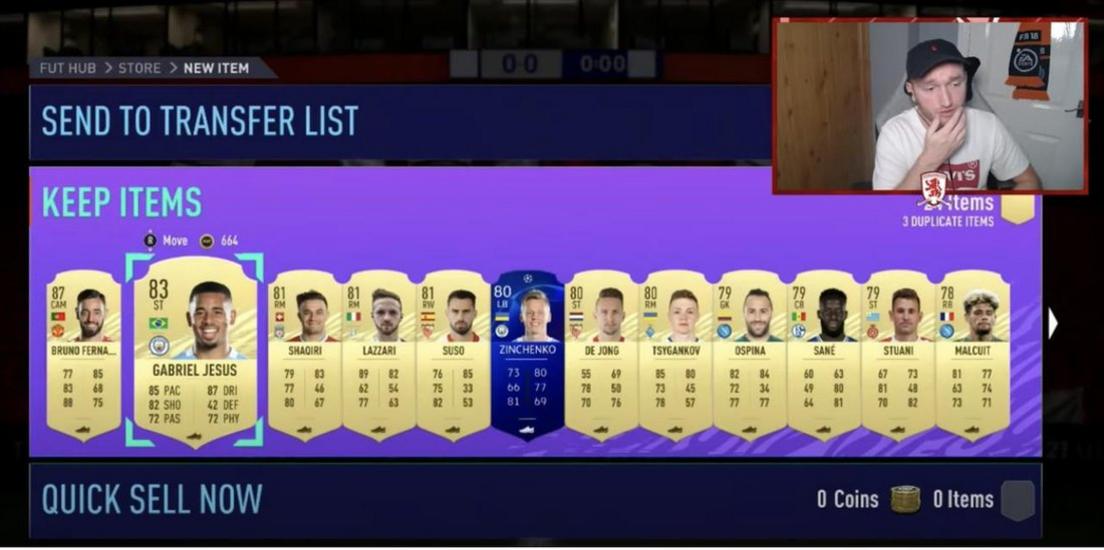
Danny Taylor said there were better things to spend money on
Esports Fifa player Danny Taylor, 28, from Middlesbrough, said: "When I was playing Fifa 19 I had a professional contract and they funded a lot of my points so a lot of it wasn't my money. I put about £1,500 - £2,000 on. This year I'm at about £300.
"Anyone who follows me knows I'm massively against putting the points on, especially on the esports scene. Like in real football we have financial fair play, in esports we don't have that. If someone is rich or who has a big sponsor, they can put £5,000 down and have an advantage over the other teams.
"If you're outside that top 1% of players then I'd really want you to never, ever put a penny in. Maybe if you've got Christmas or a birthday coming up then fair enough, but in general there's much better stuff to spend real money on."
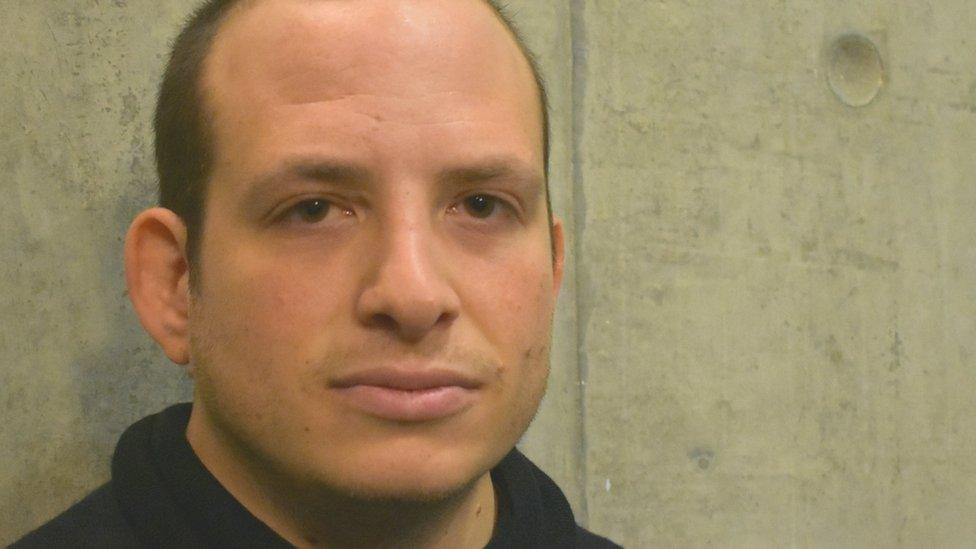
David Zendle said the video games industry was "unique"
The government has launched a call for evidence, external following a commitment to review the Gambling Act 2005 "with a particular focus on tackling issues around online loot boxes".
Prof David Zendle, an expert on the topic, said he was sceptical that the review would produce "anything of huge impact academically", and instead called for "radical change".
The York University lecturer said: "The video games industry is very unique and it's very special and I think there should be a bespoke body rooted somewhere in government with the remit to find out what's going on in video games and take action if something seems to be going wrong.
"A body with the right expertise that is sensitive to the industry's needs."

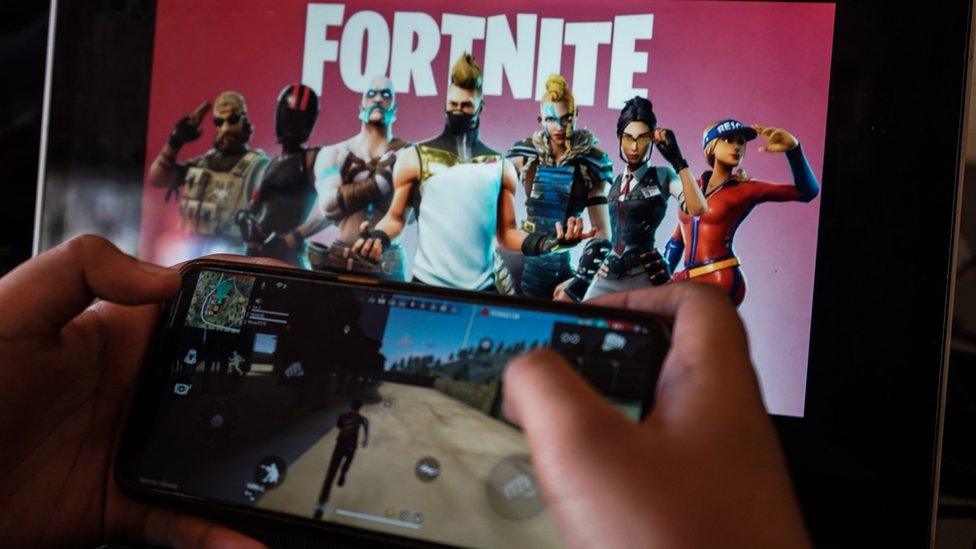
Fortnite has a massive following
Jessica, 34, who lives in Yorkshire, said she "hit rock bottom" with a three-year gambling addiction and almost attempted to take her own life, before seeking support.
"It completely took over my life. I was a totally different person but I'm out the other side now, I'm doing really well," she said.
But she added her 10-year-old son's gaming habits worried her.
"I've actually taken him off the PlayStation now because I'm so against gambling and I'm so scared my son will have the addictive personality that I clearly have.
"He was asking me for money for V-bucks (the in-game currency for Fortnite). It was becoming an addiction and making him very angry and aggressive.
"Luckily I've got the tools to deal with it because I've been through it and had therapy. You don't need to throw your money into a machine - where does it go? I'd love the government to class this as gambling."

In September, Ipsos published results of a survey on the impact of coronavirus on video game play behaviour.
Of the 2,242 gamers interviewed in the UK, 24% said they strongly agreed or agreed that playing video games had positive mental health effects. And 50% strongly agreed or agreed that video games made them feel happier.
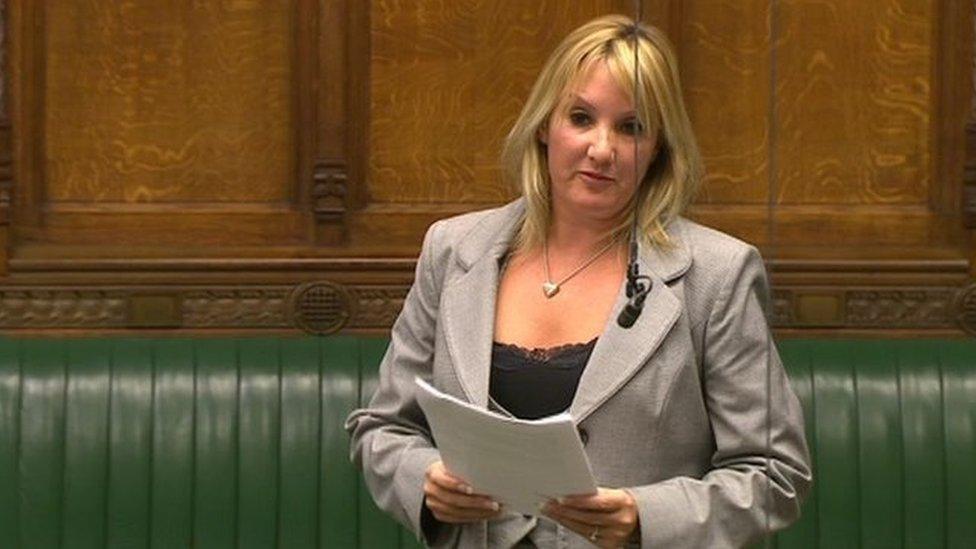
Digital and culture minister Caroline Dinenage is reviewing how they work
Ukie, the trade association for the UK's games industry, said: "The industry has taken a number of major steps to provide transparency and control over in-game spending in response to concerns over loot boxes.
"We promote the use of controls on consoles that let players limit, manage or turn off in-game spend entirely.
"We've also added a 'paid random item' descriptor to our age rating system and probability rate disclosures to our platforms to inform players about loot boxes."
Digital and culture minister Caroline Dinenage said: "We've listened to concerns about loot boxes and it's right that we fully examine and understand any evidence of the harm or links to problem gambling they can cause, so we can decide if action is needed."
EA Sports, which makes Fifa, and Epic Games, which makes Fortnite, were both approached for comment.
Jessica's name has been changed to protect her identity.

Follow BBC North East & Cumbria on Twitter, external, Facebook, external and Instagram, external. Send your story ideas to northeastandcumbria@bbc.co.uk, external.
- Published14 April 2020
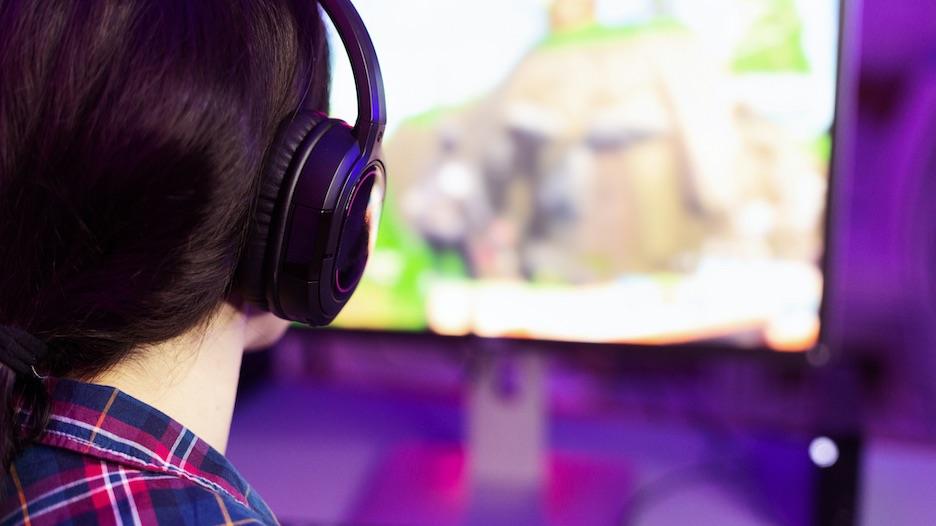
- Published12 September 2019
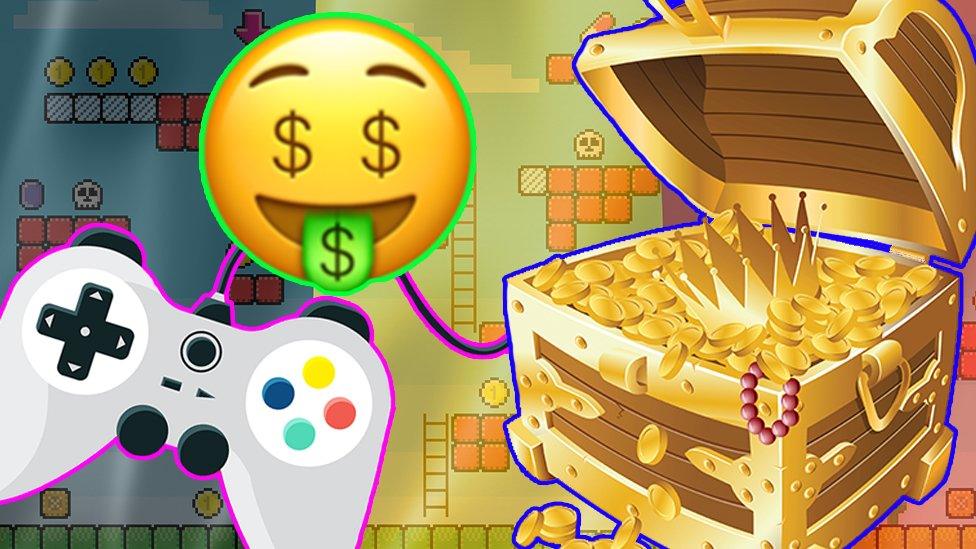
- Published2 July 2020
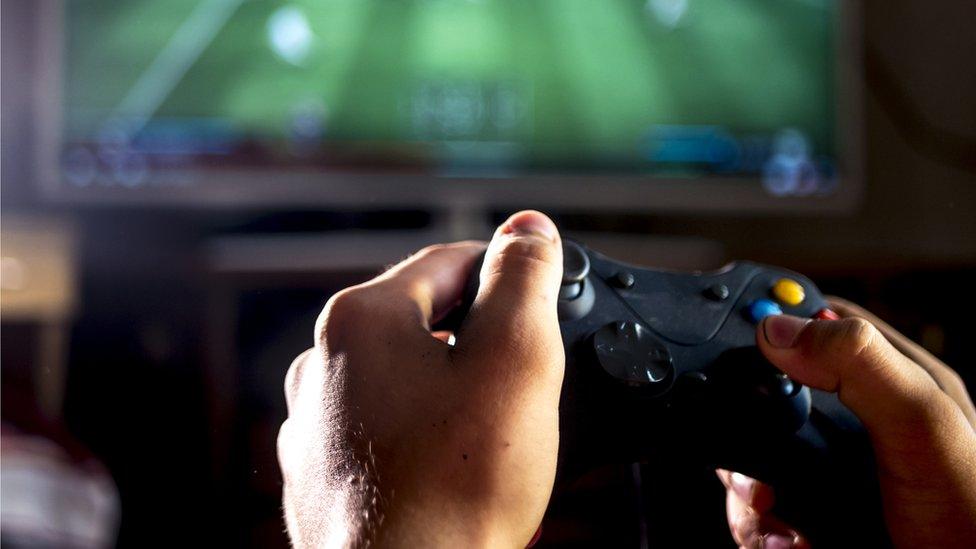
- Published20 June 2019
